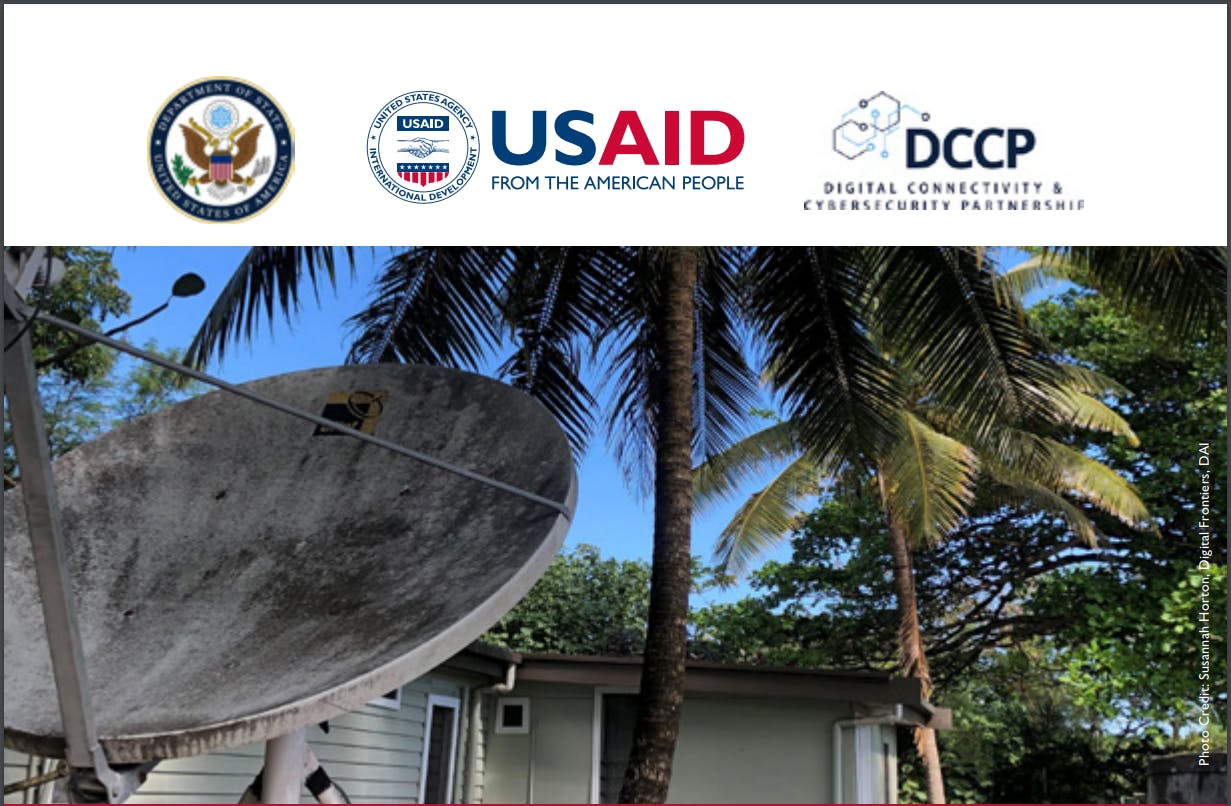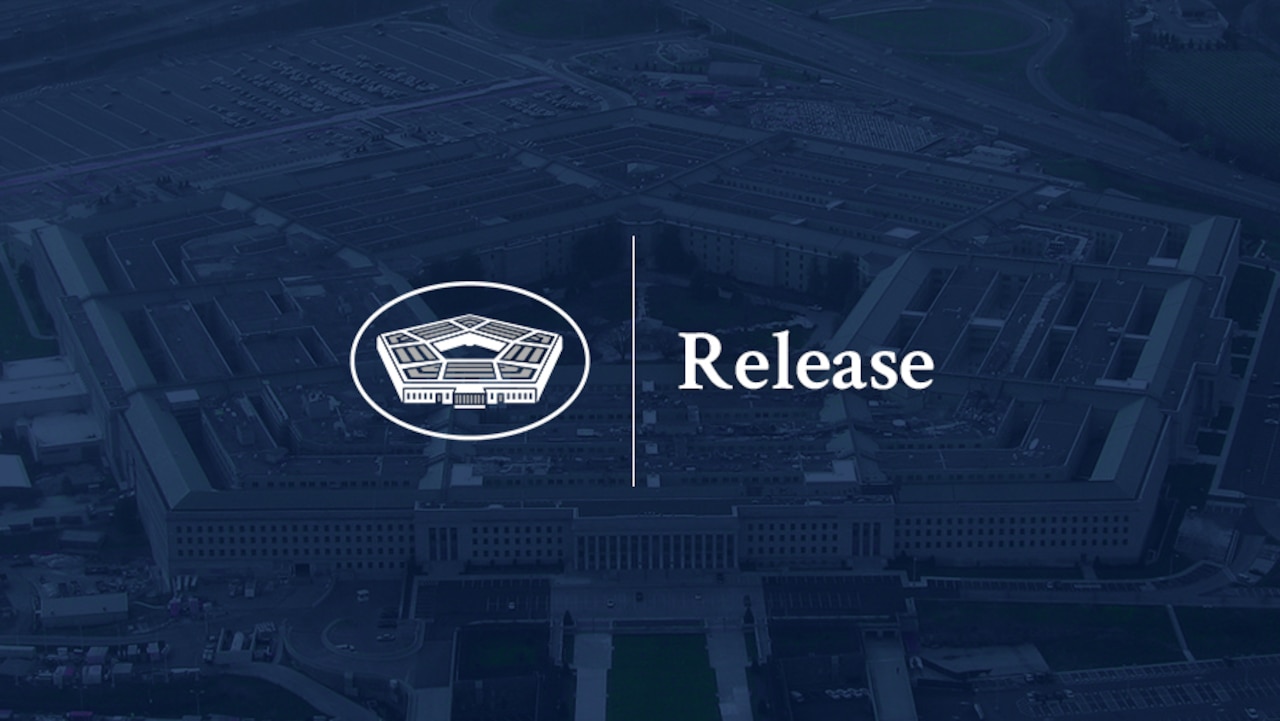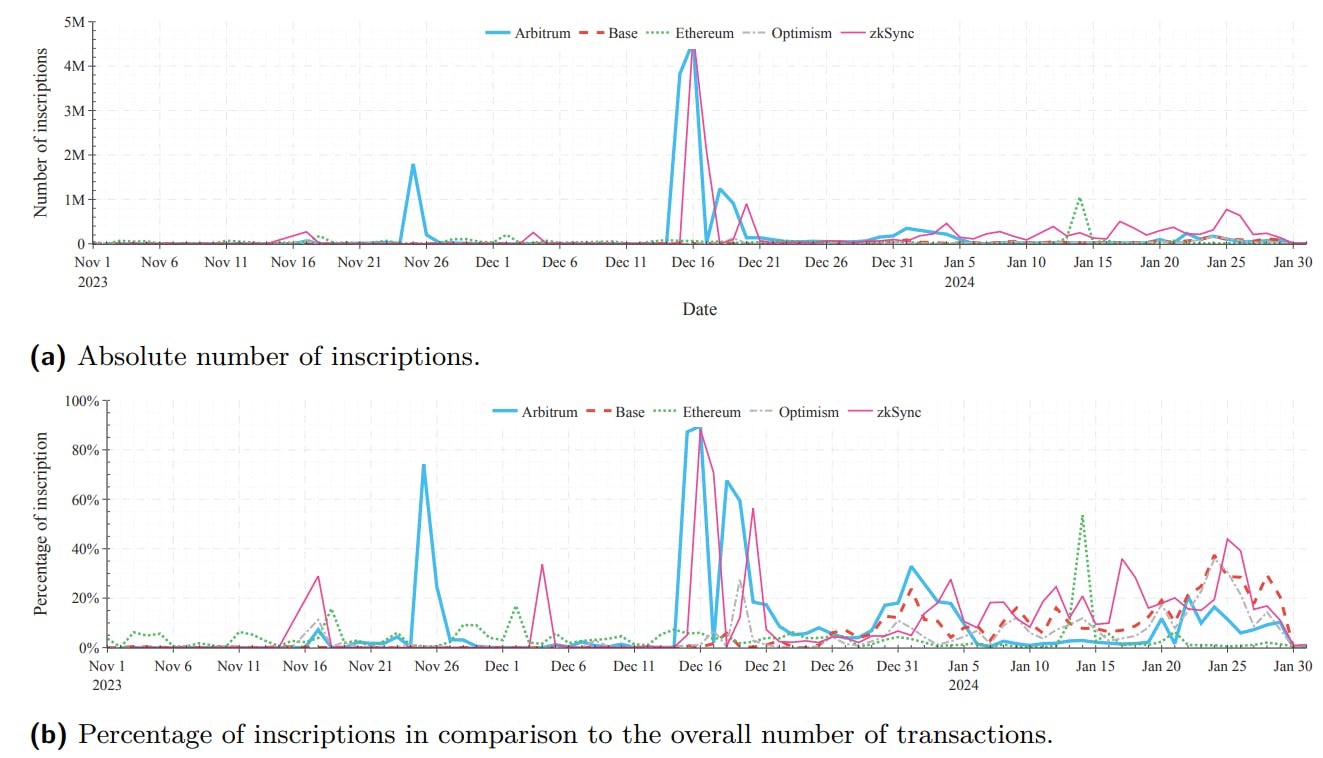I was not going to write about this, but I just got confirmation from a former colleague that he is calling it a day with the Digital Connectivity and Cybersecurity Partnership (DCCP) Pacific Project.
The news of USAID’s potential shutdown, as announced through Elon Musk’s recent statements and Trump’s apparent agreement to dismantle the agency, stirred memories of my own journey with the organization. As I read the headlines this February 2025, I couldn’t help but reflect on my decision to resign from the USAID Digital Connectivity and Cybersecurity Partnership (DCCP) Pacific Project in December 2023. Sometimes, our instincts warn us of approaching storms before they appear on the horizon.
My role as Objective 4 Lead for the DCCP Pacific Project began with immense hope and excitement. The initiative, launched in Suva during August 2023, promised to transform digital connectivity across the Pacific region. We spoke of accelerating ICT infrastructure, enhancing cybersecurity, and empowering the next generation of digital leaders. The vision was beautiful on paper, bringing the Pacific islands into the digital age while preserving their unique cultural identity and promoting digital sovereignty.
Yet beneath the surface of polished presentations and ambitious goals, I began noticing troubling patterns. When I spoke about Starlink’s potential to revolutionize connectivity for remote Pacific communities, I was met with gentle re-directions to other LEO initiatives. My attempts to discuss Web3 and blockchain technologies as tools for digital empowerment were systematically discouraged. Moreover, was the directive from the Chief Of Party (COP) for me to cease my social media posts on Web3 and blockchain technologies.
The irony wasn’t lost on me, here was an initiative meant to promote digital innovation actively resisting discussions about some of the most transformative technologies of our time. It felt like trying to teach someone to swim while keeping them away from the water. The disconnect between our stated mission and the operational reality grew wider with each passing week.
What’s particularly striking now, in light of recent events, is how the institutional resistance to innovation I encountered might have been a symptom of deeper systemic issues within USAID. The recent revelations about internal conflicts, the freezing of foreign aid, and now Musk’s characterization of USAID as “incredibly politically partisan” paint a picture of an organization that perhaps lost sight of its original mission to foster genuine development and innovation.
My resignation in December 2023 wasn’t just about frustration with blocked initiatives or silenced social media Web3 and Blockchain narrative. It was about recognizing that true digital transformation in the Pacific couldn’t happen within a framework that feared rather than embraced innovation. The region faces unique challenges that demand unique solutions i.e. solutions that might come from satellite internet, blockchain technology, or digital currencies. By closing our eyes to these possibilities, we weren’t just missing opportunities, we were doing a disservice to the communities we were meant to serve.
As I watch the current situation unfold, with USAID’s website going dark and its future uncertain, I’m reminded that change often comes in unexpected ways. While the potential shutdown of USAID represents a significant shift in American foreign policy, perhaps it also offers an opportunity to rethink how we approach international development and digital transformation in regions like the Pacific.
The Pacific’s journey toward digital empowerment doesn’t end with USAID’s challenges. If anything, this moment calls for a more honest conversation about what genuine digital transformation looks like, one that embraces rather than fears innovation, that welcomes new technologies rather than shying away from them, and that truly puts the needs of Pacific communities first.
My early departure from DCCP now feels less like an ending and more like a beginning, a step toward a more authentic approach to digital development. Whatever replaces USAID’s programs in the Pacific, I hope it will be built on principles of genuine innovation, openness to emerging technologies, and true respect for the digital sovereignty of Pacific nations.
The views expressed in this blog post are my personal reflections based on my experiences and observations.











